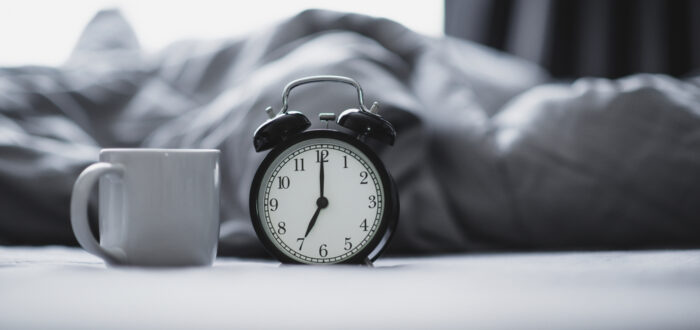We all know that a good night’s sleep is important for our overall health and wellbeing. From improving our mood and energy levels to boosting cognitive function, the benefits of quality sleep are numerous.
But did you know that sleep quality can also have a significant impact on your hearing health? Let’s explore the relationship between sleep and hearing and learn why preserving auditory health depends on a good night’s sleep.
The Basics of Hearing Health
Before we explore the connection between sleep and hearing health, it’s important to understand the basics of auditory health. Hearing is a complex sensory system that involves the ears’ intricate structures, the auditory nerve, and the brain’s processing centers. It’s important to maintain this system’s health to ensure optimal hearing throughout our lives.
Common factors that affect hearing health include exposure to loud noise, ear infections, earwax buildup, and age-related hearing loss. Lifestyle factors, such as diet, exercise, and overall health, also play a role. Now, let’s explore the connection between quality sleep and hearing health.
The Link Between Sleep and Hearing
Stress and Hearing Loss: Chronic stress and poor sleep can elevate levels of cortisol, a stress hormone. Elevated cortisol levels can damage the delicate hair cells in the inner ear responsible for transmitting sound signals to the brain. This can lead to hearing loss over time.
Sleep Apnea and Hearing Loss: Sleep apnea, a common sleep disorder characterized by interrupted breathing during sleep, has been linked to hearing loss. The repeated oxygen deprivation and fluctuations in blood flow associated with sleep apnea can damage the auditory system, leading to hearing problems.
Tinnitus and Sleep: Tinnitus, a condition characterized by the perception of ringing or buzzing sounds in the ears, can be exacerbated by poor sleep. Lack of sleep can make tinnitus symptoms more pronounced and bothersome, affecting overall quality of life.
Cognitive Decline and Hearing: Poor sleep has been associated with cognitive decline and an increased risk of conditions like Alzheimer’s disease. Cognitive decline can impact your ability to process and interpret auditory information, making it essential to prioritize quality sleep for overall hearing health.
Tips for Improving Sleep and Protecting Hearing Health
These simple tips can help improve your sleep quality.
- Create a Relaxing Bedtime Routine: Engage in calming activities before bedtime, such as reading or taking a warm bath, to signal to your body that it’s time to sleep.
- Limit Exposure to Loud Noises: Protect your hearing by using earplugs or noise-canceling headphones in noisy environments, and avoid excessive noise when possible.
- Treat Sleep Disorders: If you suspect you have a sleep disorder like sleep apnea, consult a healthcare professional for diagnosis and treatment.
- Manage Stress: Incorporate stress-reduction techniques into your daily routine, such as mindfulness meditation or deep breathing exercises.
- Prioritize Overall Health: Eat a balanced diet, stay physically active, and maintain a healthy weight to support both your sleep quality and hearing health.
Quality sleep is essential for maintaining good hearing health, and overall well-being. Chronic sleep problems, stress, and sleep disorders can have detrimental effects on the auditory system, potentially leading to hearing loss and other auditory issues. By prioritizing healthy sleep habits, managing stress, and seeking treatment for sleep disorders, you can protect your hearing and enjoy a better quality of life.
Need Help? Have a Question? Contact Us Today!
At REM Audiology, our hearing care professionals are on hand to help you with your hearing needs. Hearing assessments are quick and painless, and treating your hearing loss can go a long way towards improving your quality of life. To book your appointment, call us today on (888) 710-5734. Alternatively, click here to contact us online.

